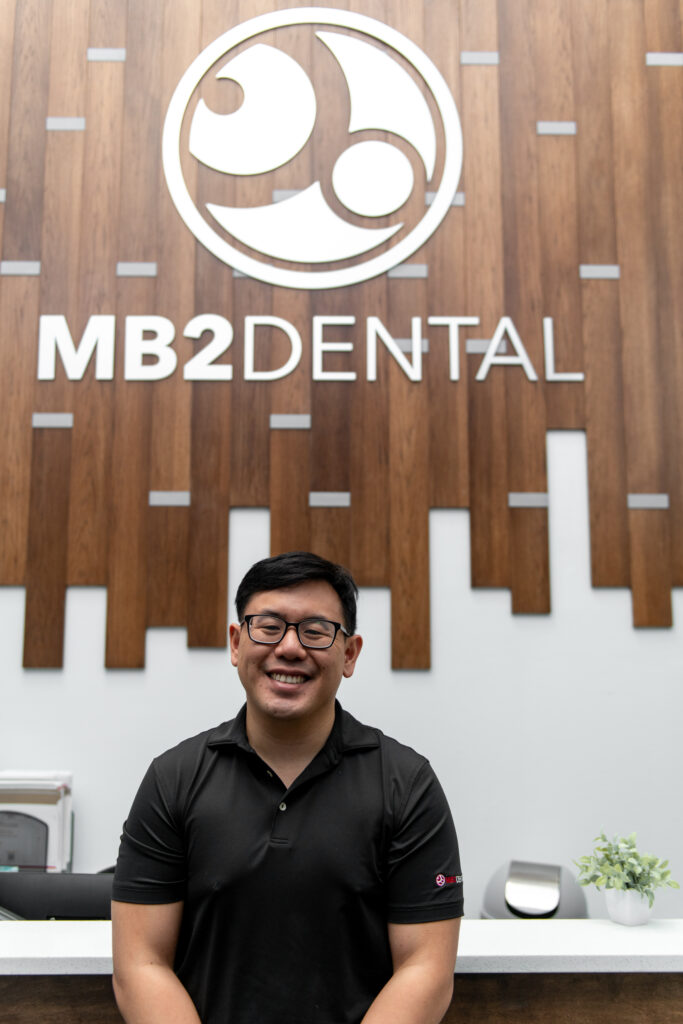For Premium Subscribers
MB2 Dental Associate GC Jonathan Koh discusses how he selects outside counsel, mistakes that legal departments make regarding diversity and inclusion and the role GCs play in DEI.

Texas Lawbook: Where are in-house corporate legal departments dropping the ball regarding diversity and inclusion? And separately, the same question regarding law firms.
Jonathan Koh: I don’t know if this is dropping the ball, but I think the biggest thing corporate legal departments (especially the bigger ones) could do to improve diversity would be taking chances on candidates who show promise but may need more training. That is a model that MB2 has followed, and while there are short-term costs in terms of greater training, I believe there are significant benefits both in creating institutional knowledge and, quite frankly, financial savings for hiring less-experienced candidates. This all depends on the company and firm’s needs and availability, though.
Aside from hiring, greater effort needs to be placed in providing support for diverse employees in the company when there is a significant disparity in terms of population. My wife is a senior director in her company’s finance department and often the only female in the meeting. If companies are serious about hiring and/or retaining more people like her, then the support needs to be there whether in the form of additional mentorship or networking or some other initiative. On top of that, I would hope that diversity initiatives place the diverse members in the driver’s seat of planning and implementation. There’s a tendency to view efforts with some suspicion or cynicism, so ensuring that the appropriate voices are heard goes a long way in making these initiatives thrive.
The Lawbook: Should in-house counsel be more aggressive in pushing their outside law firms to be more diverse? If yes, how so?
Koh: I don’t know if aggressive is the right word, but I do believe that in-house counsel should be purposefully mindful in promoting a diverse environment and that attorneys in positions of influence in any firm or company should be sharing that influence by actively participating in mentoring and building relationships with peers in the legal community who are diverse or at least differ in one or more demographics.
One of the benefits of serving as DAABA’s president last year was the ability to build bridges with the leaders of other affinity organizations representing different communities. Being able to work together to support was something I really enjoyed, and I hope we can continue that. I also believe that firms should continue to be active supporters of local affinity bars and mentoring circles. If it is the personal relationships that promote hiring, then in-house counsel should be participating in these to provide an additional incentive for outside firms to do the same, even if the original intent was to have more face time with the in-house counsel.
The Lawbook: What do you look for in hiring outside counsel?
Koh: Competence and a shared mindset or ability to communicate/understand the goals at hand. This is an area where I try to do my part by actively promoting those attorneys and colleagues who I have grown to trust in community organizations and other operations by giving them a chance to show me and my company what they can do. If we were able to work towards a common goal together outside of work, I try to support those colleagues who I think will communicate/work well with my team.
The Lawbook: Are you involved in any pro bono or public service efforts?
Koh: My main efforts for this go through DAABA, where I continue to serve as a mentor and community advocate when situations arise. Most recently, I was able to assist a family with resolving a dispute with their school district related to allegations of bullying due to language barriers. I also have done pro bono work through my church involvement.
To read Mark Curriden’s full profile of Jonathan Koh click here.
